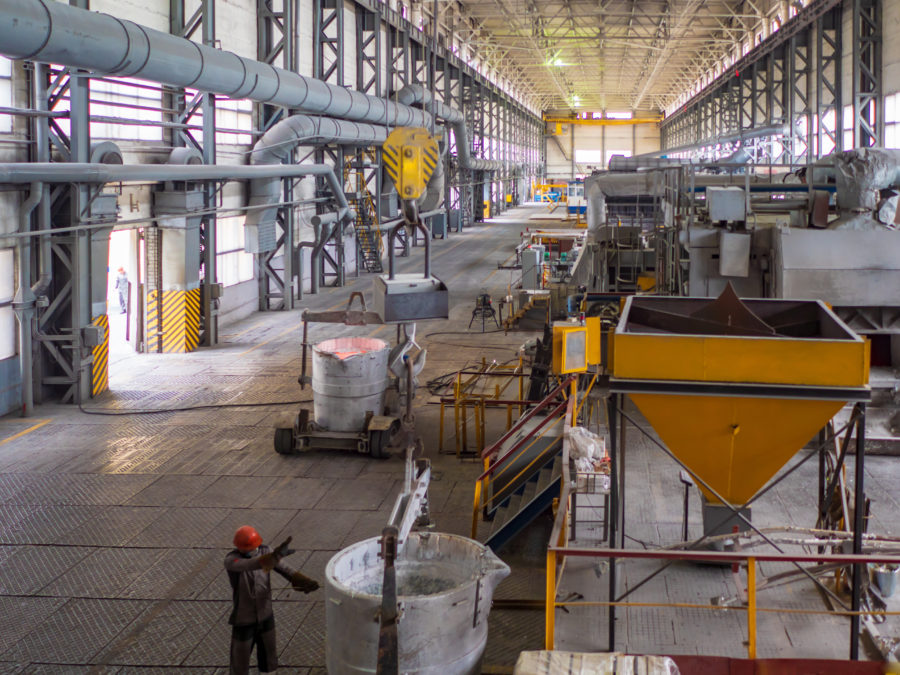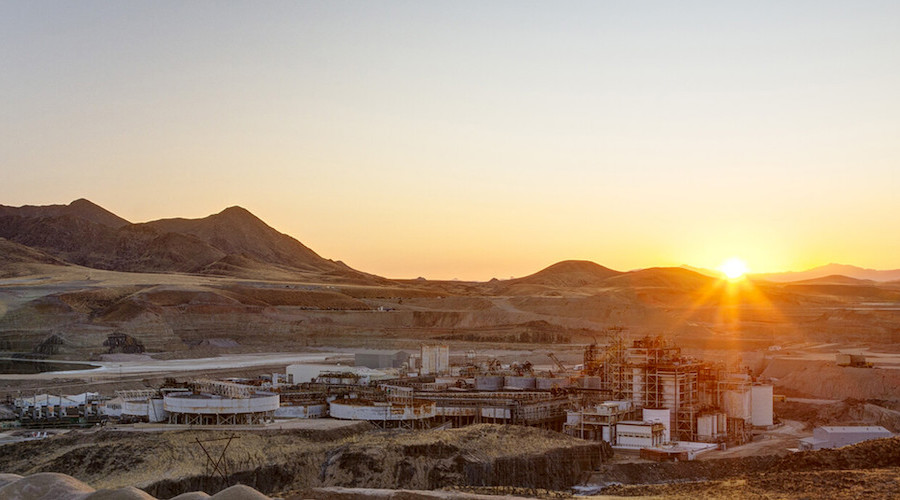Top uranium miner Kazatomprom to develop own rare metals deposit
The world’s largest uranium producer, Kazatomprom (LON: KAP), will begin developing its own deposit of rare metals in Kazakhstan’s Aktobe province through its subsidiary Ulba Metallurgical Plant. Kazatomprom’s unit, one of the world’s top beryllium, tantalum and niobium miners, will will...
You've reached your limit of free weekly articles
Keep reading MINING.COM with a TNM NEWS+MARKETS Membership.
TNM Memberships is your key to unlocking access to the best news, insights, and data in the mining industry.
Get Started with a free 45-day Trial ** Credit card required to begin free trial. Your card will be charged 45 days from signup. You will receive an email notification seven (7) days before the free trial period ends.
Already a Member?
Sign inSubscribe for Unlimited Access
Enjoy unlimited News Stories and Specialty Digests, along with Mining and Metal Market insights as part of your NEWS+MARKETS Membership. Or go even deeper with our Global Mining Data platform, TNM Marco Polo, included with your NEWS+DATA Membership.
Explore Full Membership Benefits





